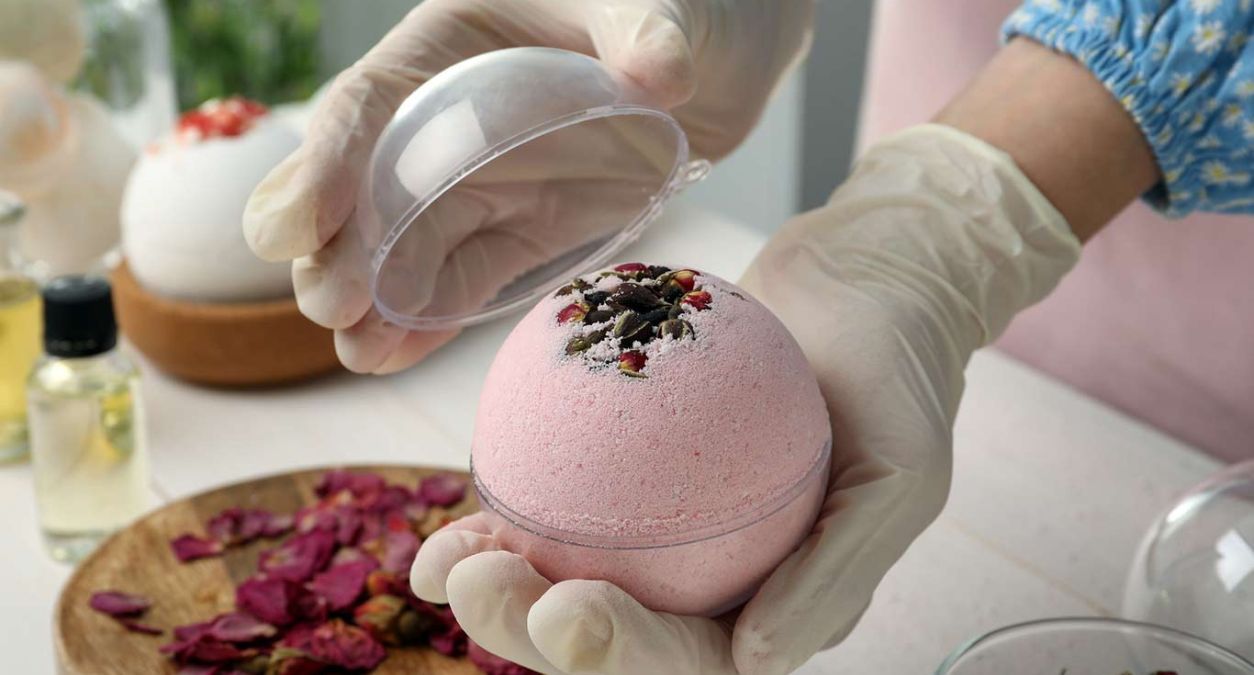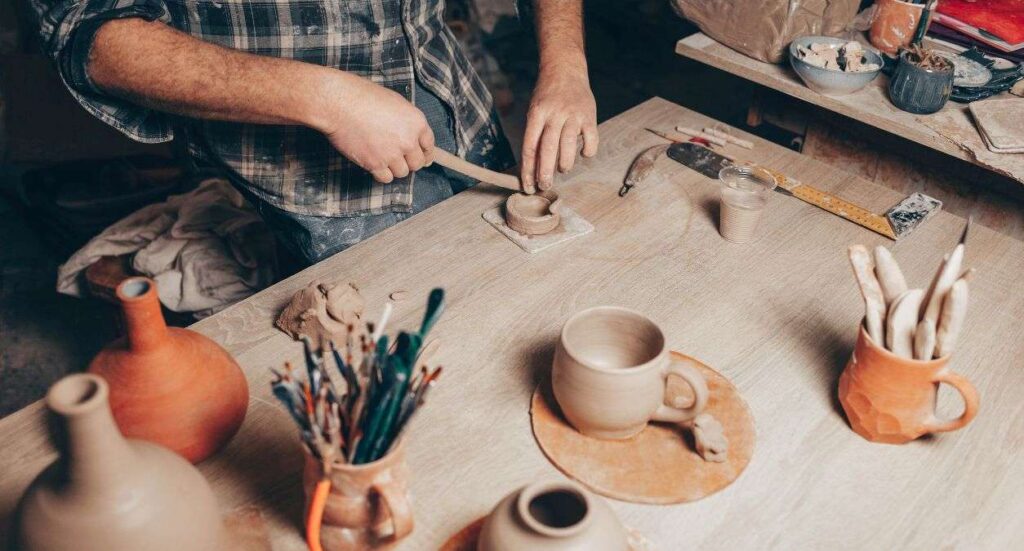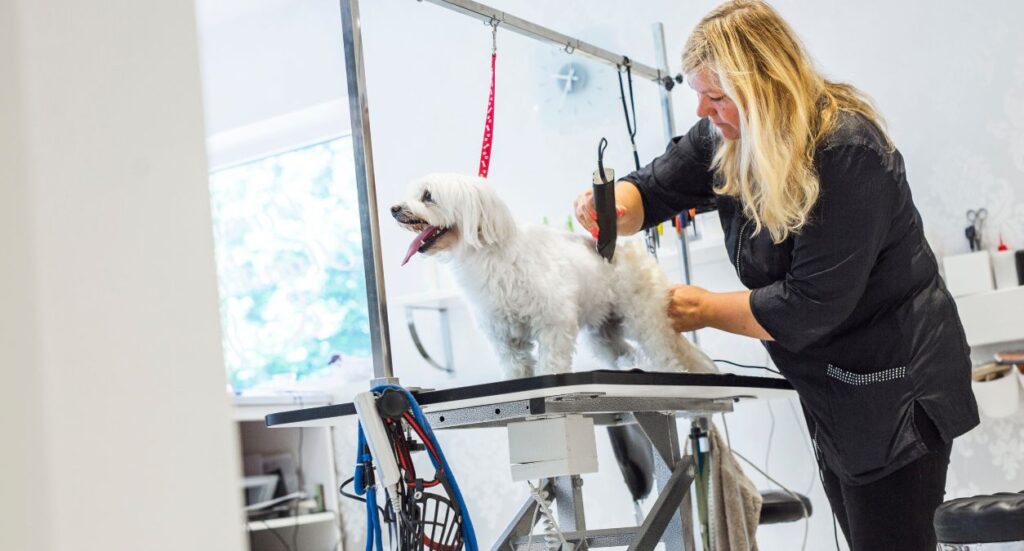Table of contents
Table of contents
Are you a bath bomb enthusiast who’s been crafting fizzing, fragrant creations for fun, and now you’re wondering if you could turn your hobby into a business? You’re in the right place! The bath bomb industry has seen a huge rise in popularity in the UK, with more and more people looking for handmade, artisanal products.
If you’re thinking about making the leap from crafting for fun to selling for profit, let’s walk through everything you need to know about starting a bath bomb business.
Starting out: From hobby to business
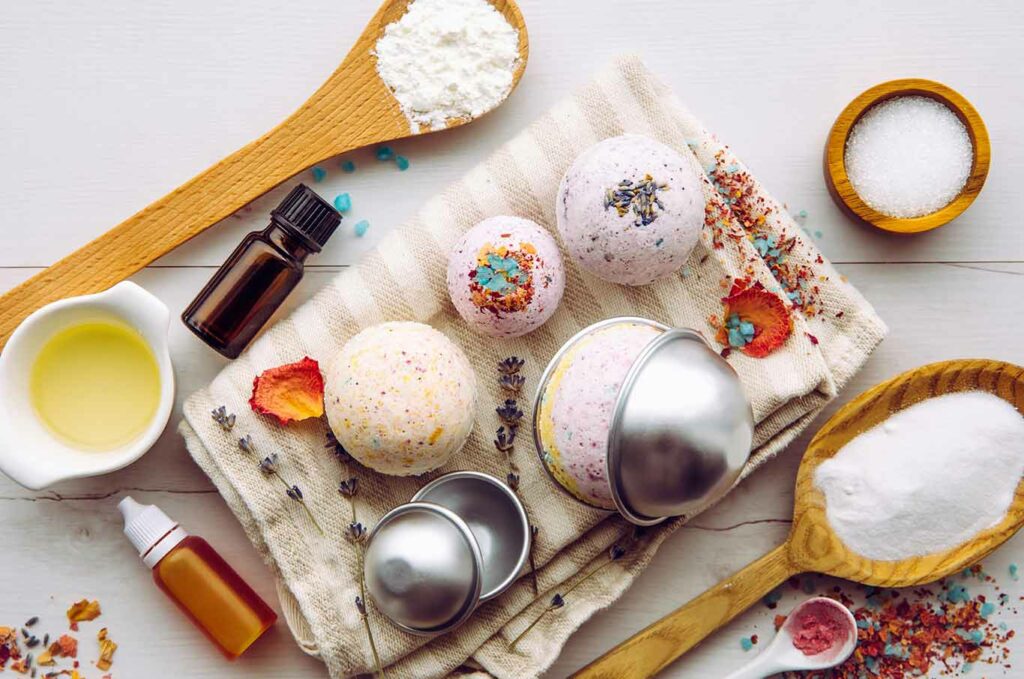
Finding the right suppliers
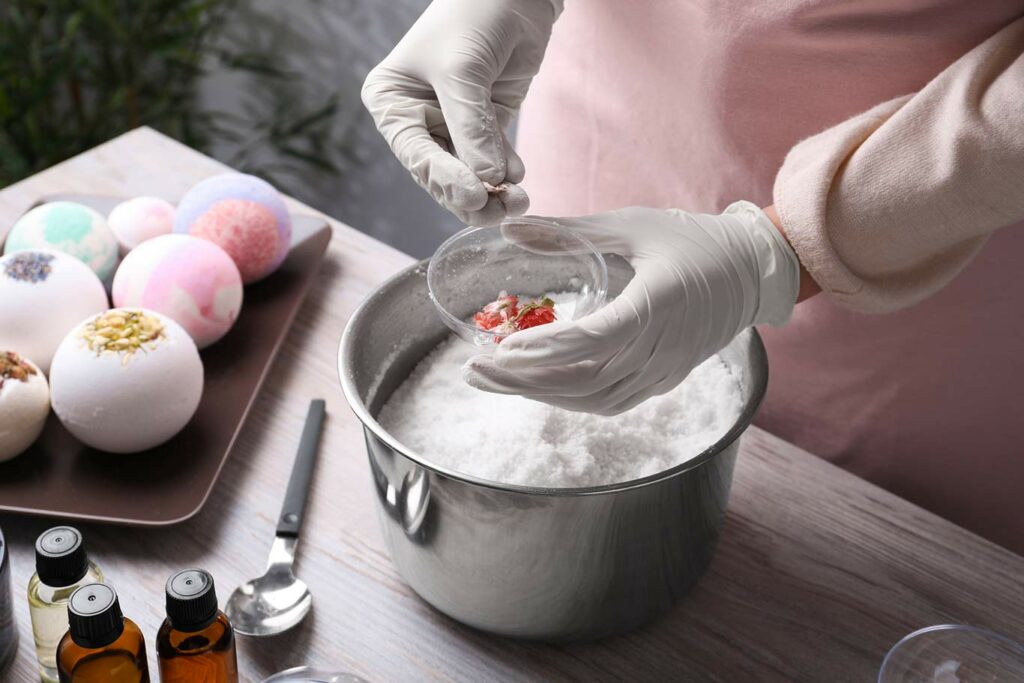
Now that you’ve nailed your product, you need to think about sourcing supplies. Finding the right suppliers is key to keeping your costs low while maintaining quality.
Ingredients and Raw Materials
The basic ingredients for bath bombs include citric acid, baking soda, essential oils, and colorants. For quality products, you’ll want to source high-grade, natural ingredients. Look for suppliers that offer eco-friendly and ethically sourced materials, as these are becoming more important to UK consumers.
Packaging and Presentation
You know that old saying, “don’t judge a book by its cover”? Well, people absolutely judge bath bombs by their packaging! Think about eco-friendly packaging options like biodegradable wraps or recyclable boxes. A beautiful package can set your product apart from the competition.
Recommended UK Suppliers
There are plenty of great suppliers in the UK, from bulk-buy options to smaller, more artisanal suppliers. Look for companies like The Soap Kitchen, Mica Mama, or The Soapery to get you started. They offer everything from ingredients to moulds and packaging.
Expanding your range: Other crafts to consider
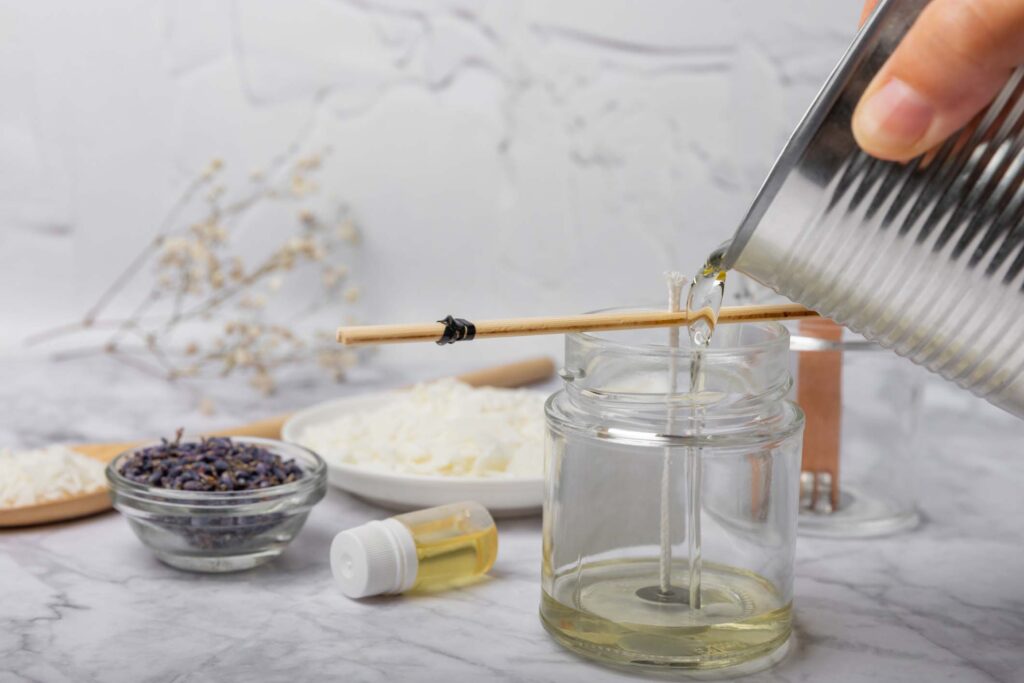
Where to sell your crafts
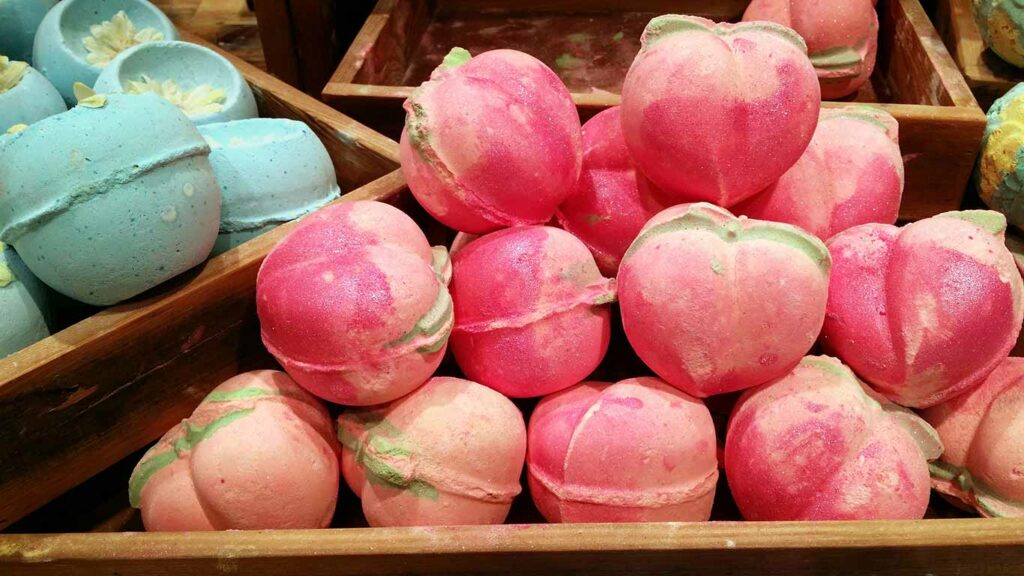
Pricing your products
Branding and marketing your bath bomb business
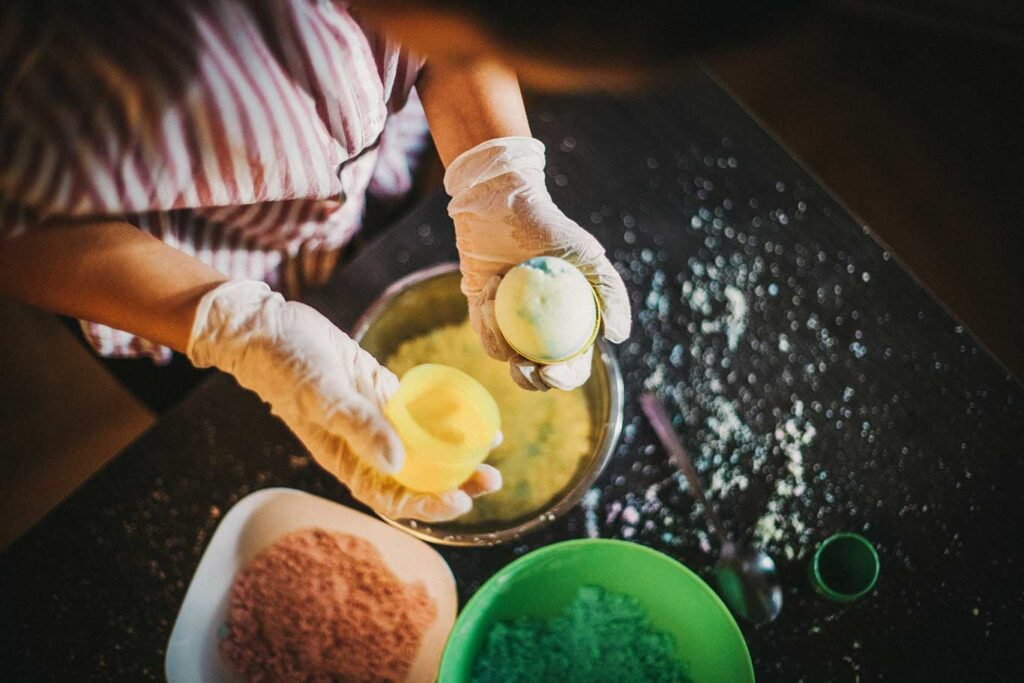
Get Crafters Insurance from Protectivity
*Disclaimer – This blog has been created as general information and should not be taken as advice. Make sure you have the correct level of insurance for your requirements and always review policy documentation. Information is factually accurate at the time of publishing but may have become out of date.
Last updated by




